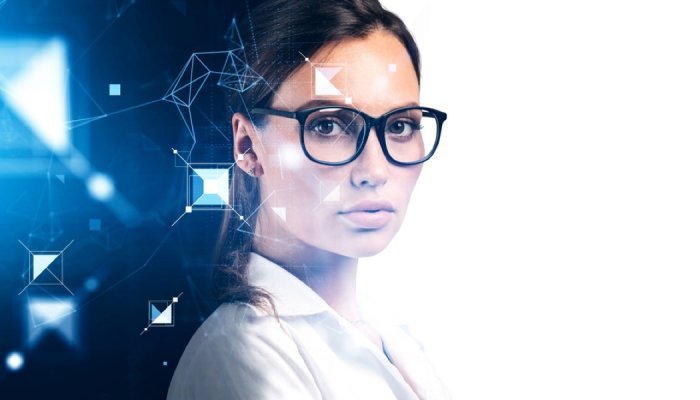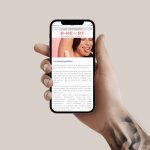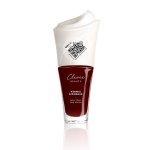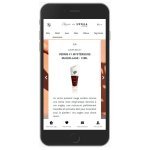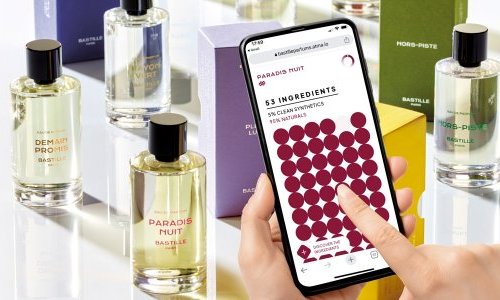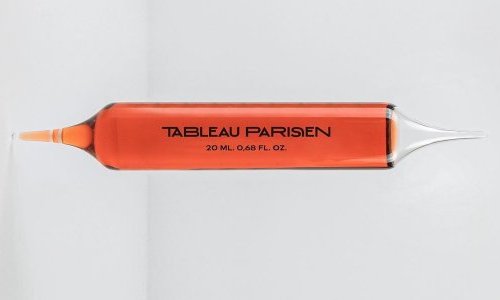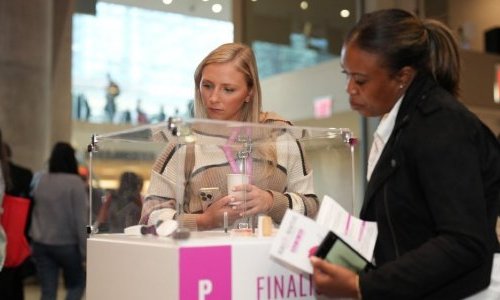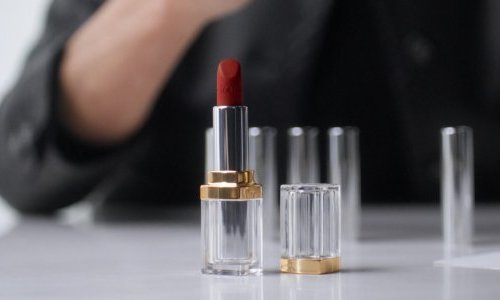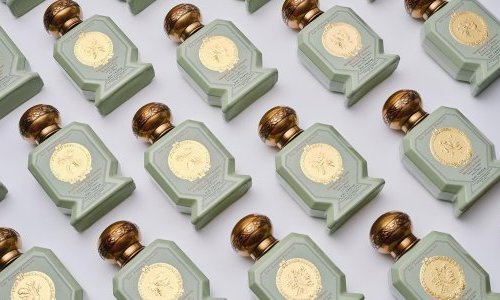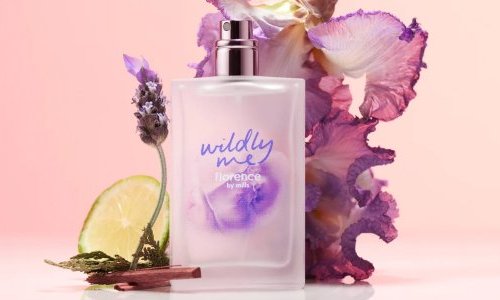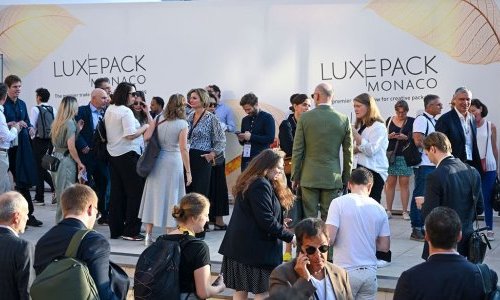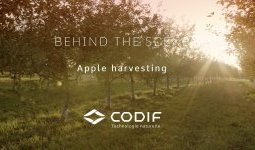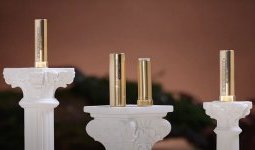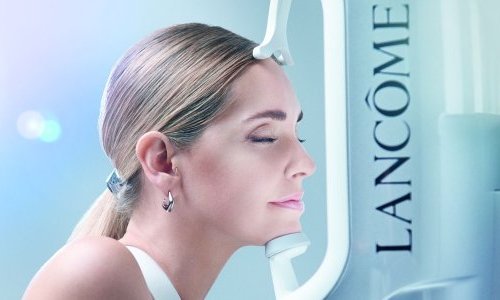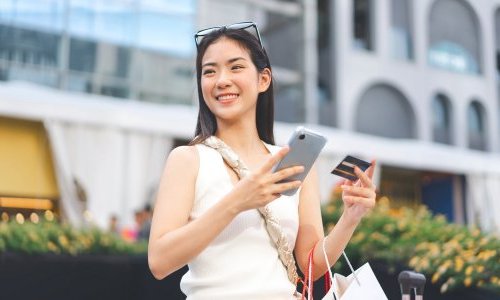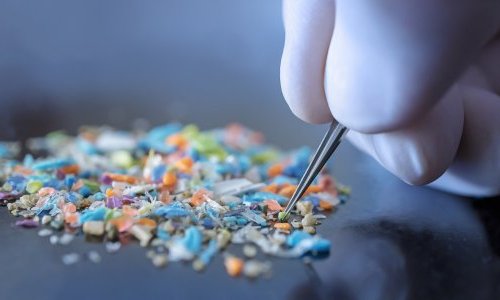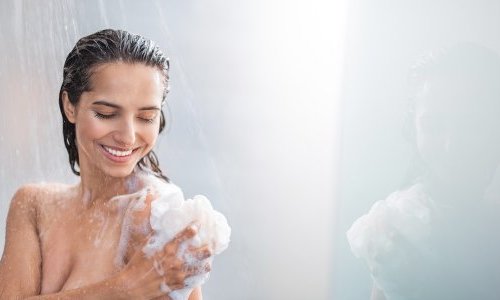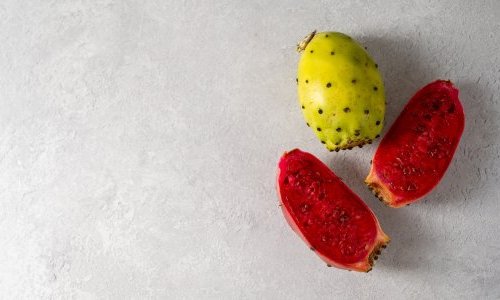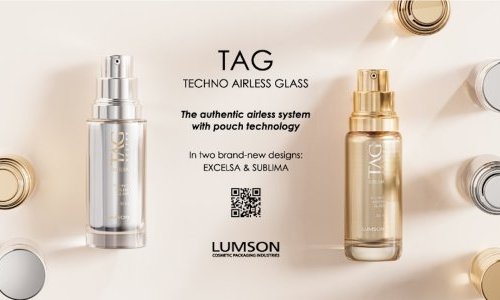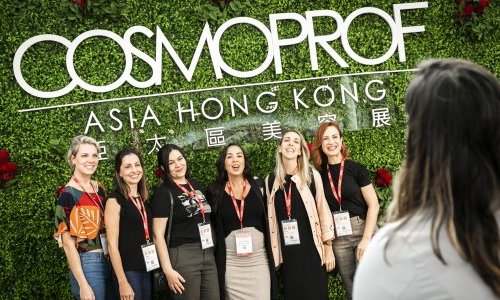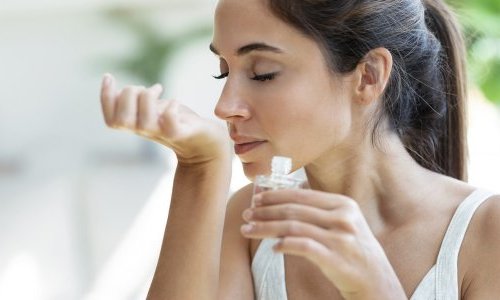As many industries have already done, the cosmetics sector cannot but meet the rising demand for transparency on products and manufacturing. Following the example of LVMH, the luxury world has embraced the issue with the launch of the Aura Blockchain consortium designed to help create a secure computing protocol to provide customers with a digital certificate that gives direct access to the history of the product they bought, from design to distribution, and to its authenticity certificates. The blockchain is the perfect tool for consumers to have easy access to safe information on products (formula composition, packaging, brand commitments, etc.).
“Consumers no longer want declarations, they need evidence”, says Philippe Guguen, Director of the MAP Emulsion company that developed Sorga, a French blockchain technology already adopted by several cosmetics brands. For each product, Sorga creates a unique passport with a broad range of information.
The main advantage of the blockchain is that, thanks to its decentralized nature, it guarantees the information is accessible to all, anytime, anywhere, but cannot be modified.
“There is no central platform. It is all divided into dozens of thousands of servers. The information just cannot be deleted. When you enter a piece of information, it is signed and dated, so the cosmetics industry can guarantee the authenticity of products and fight counterfeiting,” explains Philippe Guguen.
Tracking down the product journey
“We need to substitute storytelling marketing for evidence marketing,” confirms Maxime Finaz de Villaine, CEO of Bloomup Energie Fruit.
This natural and organic skincare and hygiene product brand has launched the B-Heart application which, thanks to the blockchain technology, offers total transparency and traceability on products, the origin of ingredients, packaging, and manufacturing. The objective is to provide access to a platform secured by the blockchain technology simply by scanning a QR Code. Once the product batch number has been entered, the user can access all the information provided by the various players involved in the value chain.
“The blockchain helps go back upstream, from sourcing to the product, but above all, since the information is provided by each of our suppliers, not us, it is given in an independent, safe, immutable way: it is true. It empowers consumers who want evidence and facts,” explains Maxime Finaz de Villaine.
Unique identification and experience
For her Clever Beauty nail polish brand, Maéva Bentitallah was seduced by the Sorga technology whose digital identification is unique to each reference. “Every passport is unique and has its own code. Each nail polish bottle can carry with it totally personalized information, which also creates a unique experience with customers,” she explains.
By purchasing a product, consumers also get this unique passport for themselves. They get access to it by scanning the tag with four key types of information:
![]() Who: who is behind the product - the team, manufacturers and different suppliers;
Who: who is behind the product - the team, manufacturers and different suppliers;
![]() Where: manufacturing site;
Where: manufacturing site;
![]() What: description of all aspects of the product (colours, how long it lasts, INCI formula…);
What: description of all aspects of the product (colours, how long it lasts, INCI formula…);
![]() Why: brand’s history and commitments.
Why: brand’s history and commitments.
“I can also add certificates, like that of the laboratory which certifies our innovative no-waste cap helps gain 20% more product, or the test results that demonstrate our nail polish is safe for pregnant women, or my vegan label. It is inviolable. It helps communicate and provide total transparency with proven information,” adds the founder.
As far as experience is concerned, personalized messages or videos can be added to the passport to create a direct relationship with consumers.
Lastly, this approach is also said to minimize the environmental impact, and even free brands from secondary packs. “This way, brands can also replace the instructions in several languages. The information is more easily understood, in all languages, and tutorials can be added… Plus, all this is updated in real time,” says Philippe Guguen.
“Sorga helps provide verifiable, original evidence, and offers anyone interested access to all the information, at any time, while minimizing the environmental impact with a low-energy process. Also, it is a digitally sovereign solution, so it is 100% safe from American GAFAM software,” he sums up.
As consumers have become familiar with scanning, they might think of this approach as a new way to be reassured about cosmetics products and brands.
“70% of consumers hardly believe brands’ statements about their sustainability, 94% think they should be more transparent, and 71% would even be willing to spend more money in brands that provide product traceability. It is a crucial issue. If the blockchain becomes democratic, I think it is the future,” concludes Maxime Finaz de Villaine.

